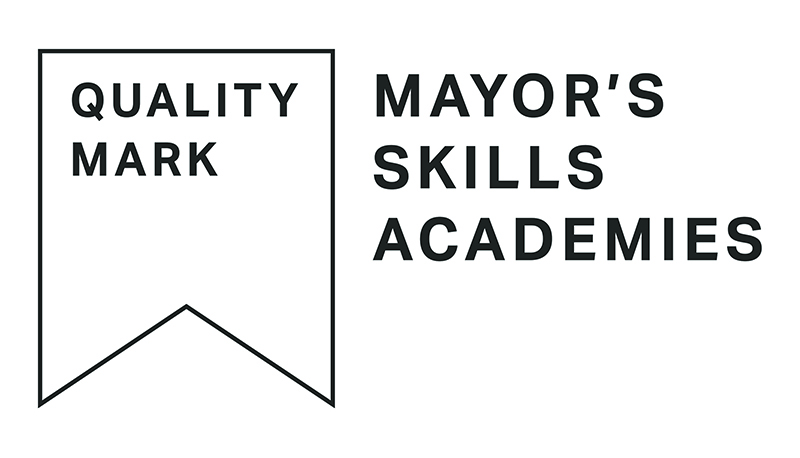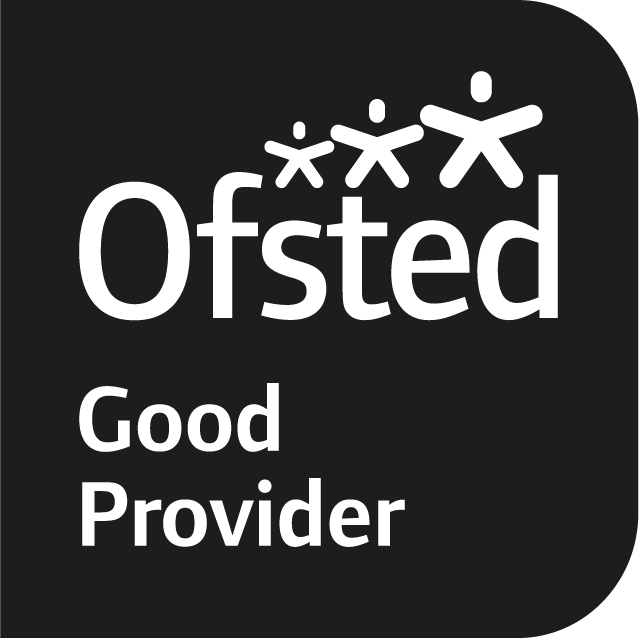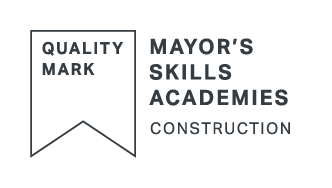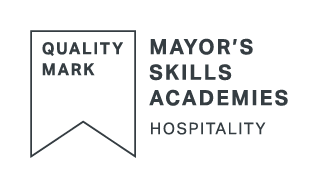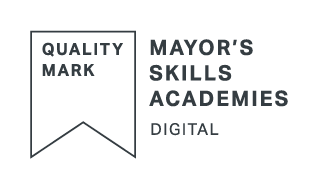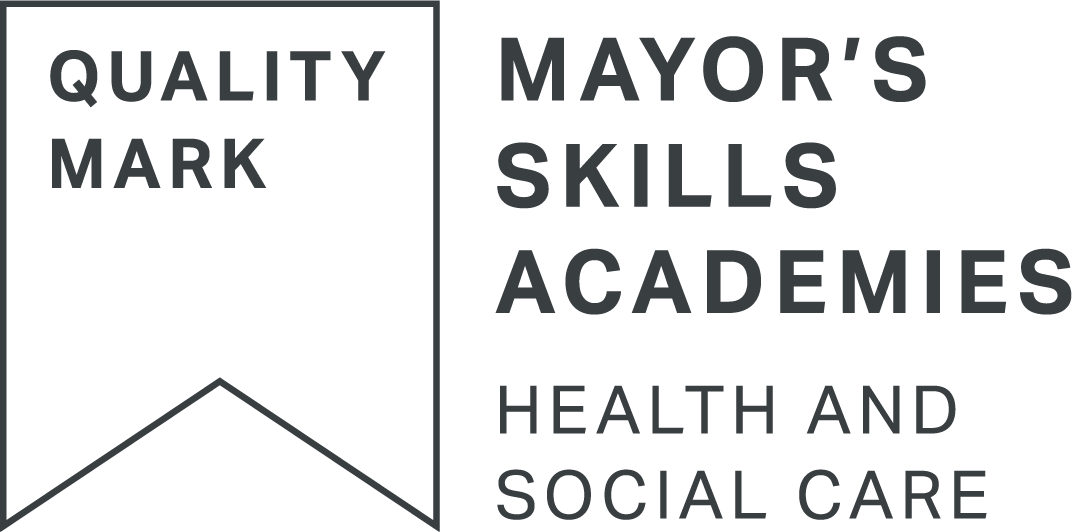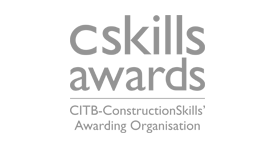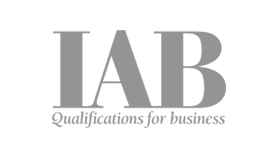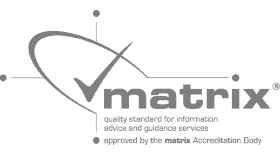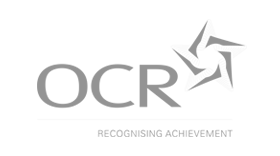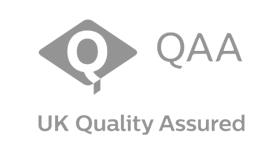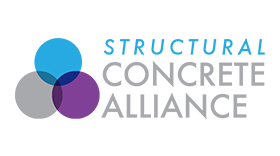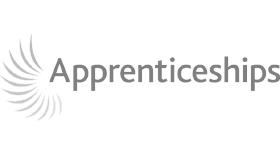-
Business Administrator Level 3
Entry requirements:
Individual employers will set the selection criteria for their Apprenticeships. Most candidates will have Level 2 Maths and English, ideally as part of 5 GCSE A-C grades. Other relevant or prior experience may also be considered as an alternative
Qualification outcomes:
Level 3 Business and Administration
Job Role
Administrative Assistant / Business Administrator/ Business Associate/ Business Consultant / Business Advisor /Assistant Supervisor
Overview of role
Business administrators have a highly transferable set of knowledge, skills and behaviours that can be applied in all sectors. This includes small and large businesses alike; from the public sector, private sector and charitable sector. The role may involve working independently or as part of a team and will involve developing, implementing, maintaining and improving administrative services. Business administrators develop key skills and behaviours to support their own progression towards management responsibilities.
The responsibilities of the role are to support and engage with different parts of the organisation and interact with internal or external customers. With a focus on adding value, the role of business administrator contributes to the efficiency of an organisation, through support of functional areas, working across teams and resolving issues as requested. The flexibility and responsiveness required allows the apprentice to develop a wide range of skills.
The business administrator is expected to deliver their responsibilities efficiently and with integrity – showing a positive attitude. The role involves demonstrating strong communication skills (both written and verbal) and adopting a proactive approach to developing skills. The business administrator is also expected to show initiative, managing priorities and own time, problem-solving skills, decision-making and the potential for people management responsibilities through mentoring or coaching others.
Progression:
The administration role may be a gateway to further career opportunities, such as management or senior support roles.
-
HR Support Level 3
Entry requirements
Although there are no required qualifications needed for this apprenticeship, Individual employers will set the selection criteria for their Apprenticeships. Most candidates will have Level 2 Maths and English, ideally as part of 5 GCSE A-C grades. Other relevant or prior experience may also be considered as an alternative. Those without Maths and English will need to complete these alongside their course.
Qualification outcomes
Level 3 HR Support – CIPD
Progression
The HR Support apprenticeship forms the foundation of a career within the profession, giving the base for further development through a career path within an organisation and/or through the HR Consultant/Partner apprenticeship. The apprentice can choose to stay within core HR or diversify into one of the specialist areas of HR.
Link to professional registration and progression
The successful apprentice may be eligible to apply for Associate membership of the Chartered Institute of Personnel and Development (CIPD) or any other professional body that recognises this apprenticeship within its membership criteria (membership is subject to the professional bodies own membership requirements).
Job Role
HR Support
Overview of role
HR Professionals in this role are typically either working in a medium to large organisation as part of the HR function delivering front line support to managers and employees, or are a HR Manager in a small organisation.
Their work is likely to include handling day to day queries and providing HR advice; working on a range of HR processes, ranging from transactional to relatively complex, from recruitment through to retirement; using HR systems to keep records; providing relevant HR information to the business; working with the business on HR changes.
They will typically be taking ownership for providing advice to managers on a wide range of HR issues using company policy and current law, giving guidance that is compliant and where errors could expose the organisation to employment tribunals or legal risk.
In a larger organisation they may also have responsibility for managing a small team – this aspect is outside the scope of this apprenticeship and will need to be covered separately by the employer.
-
HR Consultant Level 5
Entry requirements:
Employers will typically set the minimum entry requirements for this apprenticeship at two or more ‘A’ levels, or an occupationally suitable Level 3 or 4 apprenticeship.
Qualification outcomes
The apprentice will complete an appropriate qualification (as considered most relevant by the employer), within which they will be able to focus on their chosen option, from the Chartered Institute of Personnel and Development:
- CIPD Level 5 Intermediate Certificate in Human Resource Management
- CIPD Level 5 Intermediate Diploma in Human Resource Management
Job Role
Human resources consultant, HR business partner and HR manager
Overview of role
This role could be called an HR consultant or an HR business partner in different organisations. Individuals in this role will use their HR expertise to provide and lead the delivery of HR solutions to business challenges, together with tailored advice to the business in a number of HR areas, typically to mid-level and senior managers. They could be in a generalist role, where they provide support across a range of HR areas – likely to be the Core HR option; or a specialist role, where they focus on and have in depth expertise in a specific area of HR – likely to be Resourcing, Total Reward, Organisation Development, or HR Operations. Whichever of these is chosen, they will have a good grounding across the whole range of HR disciplines as this is contained in both of the qualification options included in this standard. They will often be required to make decisions and recommendations on what the business can or should do in a specific situation. They will be influencing managers to change their thinking as well as bringing best practice into the organisation. They are also likely to lead the people related elements of business or HR projects. Whatever their role, they will need to link the work they do to the context and priorities of the business. In a larger organisation they may be one of a team supporting the business and they may also have responsibility for managing people.
Progression
This apprenticeship could be an entry level role to the business, however, it is more likely to be a progression from a lower level role or apprenticeship, building on the knowledge and skills gained in that role or apprenticeship. On completion of this apprenticeship, the individual will be fully competent in the role and this will give them an in depth knowledge of HR in their chosen option. They can then continue to develop in that option (perhaps through a further apprenticeship), or broaden their HR expertise in another area to develop their career. Separately, there are a range of qualifications available for further study up to post graduate level.
Links to professional registration
Successful completion of this standard enables the apprentice to apply to become an Associate Member of the Chartered Institute of personnel and development. Chartered Membership can be achieved through further qualifications or experience-based assessment.
-
Junior Management Consultant Level 4
Entry requirements
Individual employers will identify entry requirements in terms of previous qualifications, training or other criteria. Most candidates will have Level 2 Maths and English (equivalent to GCSE grade C or above), ideally as part of 5 GCSE A-C grades or other comparable qualifications. Apprentices without English or Maths at Level 2 must achieve this prior to the completion of the Apprenticeship
Qualification outcomes
Level 4 Junior Management Consultant
Progression
Upon completion of the programme, an apprentice might specialise in a particular type of consultancy or industry or remain more generalist. The skills that are developed often lead to employment in organisations within a certain industry, while some consultants who are established go on to run their own consultancy practices.
Overview of role
Management consultants provide business advice to public, private and not-for-profit organisations. This usually involves helping them solve a challenge of some kind, such as how to grow their business, how to make it more efficient or how to organise and structure itself in a different way. Some specialist consultancies have a particular focus – for example, how to write proposals for new work, or how to change an organisation or how to develop their workforce. Others are more generalist and you could work across several different types of project. Working on client site away from your office is a possibility, while hours are varied and often depend on the project.
Tasks can be varied. You might be involved in conducting research, analysing and interpreting data or be responsible for organising the logistics of the project. As you develop and progress, you might be involved in contributing to report writing which uses statistical evidence to support recommendations and conclusions, or support the creation of slide decks to deliver key messages to clients. You might also become more focused on a particular type of service offering (financial, strategic, operational, etc.) or industry (financial services, public sector, telecommunications etc.).
-
Operations and Departmental Manager Level 5
Entry Requirements:
Individual employers will set the selection criteria for their Apprenticeships. Most candidates will have Level 2 Maths and English, ideally as part of 5 GCSE A-C grades. Other relevant or prior experience may also be considered as an alternative
Qualification outcomes
Level 5 Operations and Departmental Manager
Progression:
On completion, apprentices can register as full members with the Chartered Management Institute and/or the Institute of Leadership & Management, and those with 3 years of management experience can apply for Chartered Manager status through the CMI.
Job Role
Operations Manager / Project Manager/ Regional Manager /Divisional Manager / Department Manager and Specialist Managers
Overview of Role
An operations/departmental manager is someone who manages teams and/or projects, and achieving operational or departmental goals and objectives, as part of the delivery of the organisation’s strategy. They are accountable to a more senior manager or business owner. Working in the private, public or third sector and in all sizes of organisation, specific responsibilities and job titles will vary, but the knowledge, skills and behaviours needed will be the same. Key responsibilities may include creating and delivering operational plans, managing projects, leading and managing teams, managing change, financial and resource management, talent management, coaching and mentoring. Roles may include: Operations Manager, Regional Manager, Divisional Manager, Department Manager and specialist managers.
-
Team Leader/Supervisor Level 3
Entry requirements:
- Individual employers will set the selection criteria for their Apprenticeships. Most candidates will have Level 2 Maths and English, ideally as part of 5 GCSE A-C grades. Other relevant or prior experience may also be considered as an alternative.
Qualification Outcomes
Level 3 Business and Administration
Job Role
Supervisor / Team leader / Project Officer / Shift Supervisor / Foreperson and Shift Manager
Overview of Role
A team leader/supervisor is a first line management role, with operational/project responsibilities or responsibility for managing a team to deliver a clearly defined outcome. They provide direction, instructions and guidance to ensure the achievement of set goals. Working in the private, public or third sector and in all sizes of organisation, specific responsibilities will vary, but the knowledge, skills and behaviours needed will be the same whatever the role. Key responsibilities are likely to include supporting, managing and developing team members, managing projects, planning and monitoring workloads and resources, delivering operational plans, resolving problems, and building relationships internally and externally.
Progression:
On completion, apprentices may choose to register as Associate members with the Chartered Management Institute and/or the Institute of Leadership & Management, to support their professional career development and progression.


